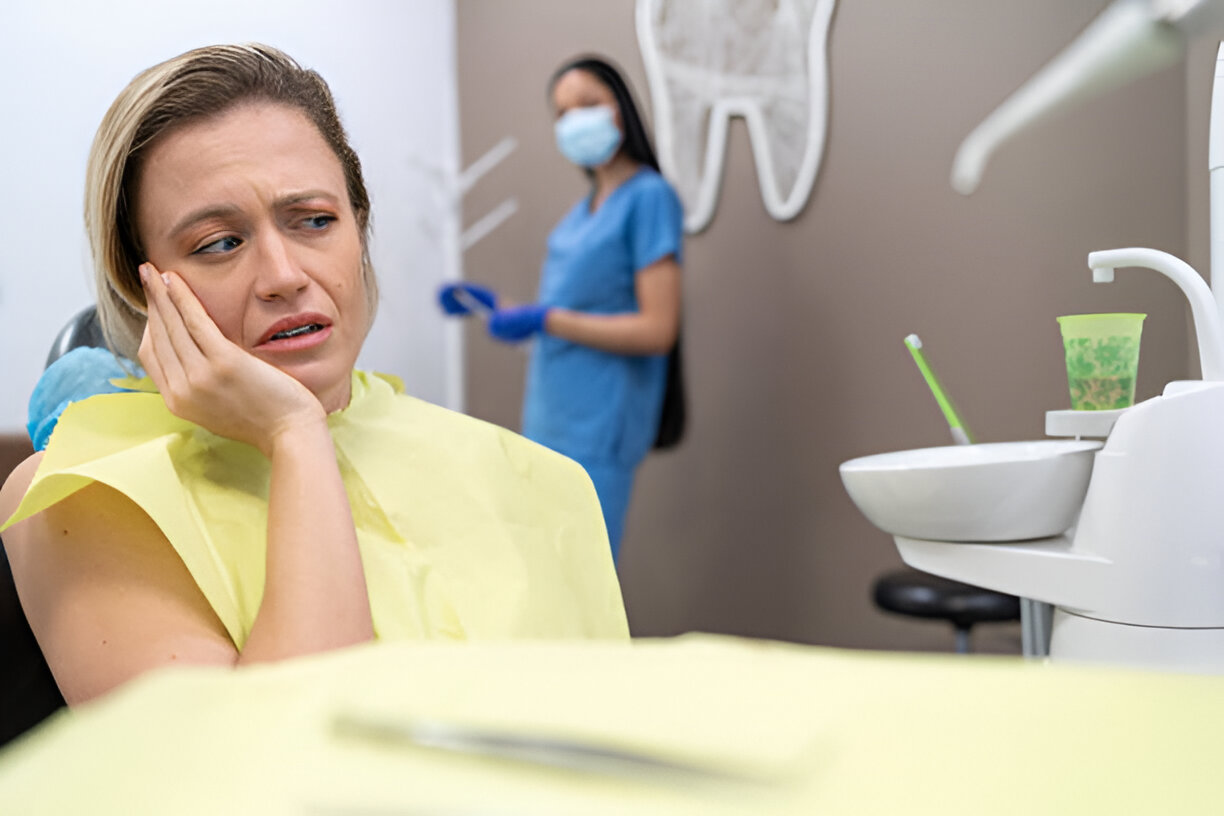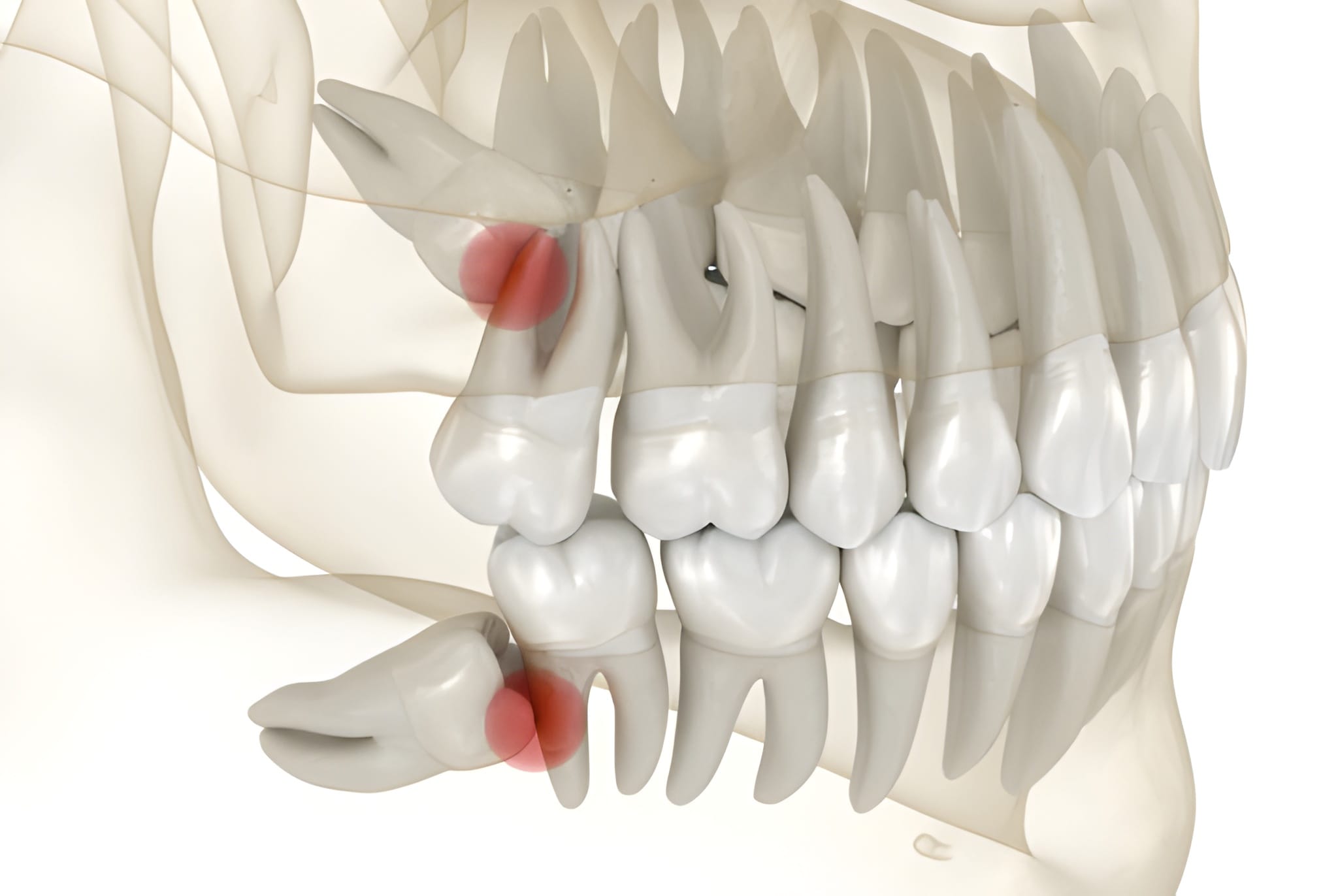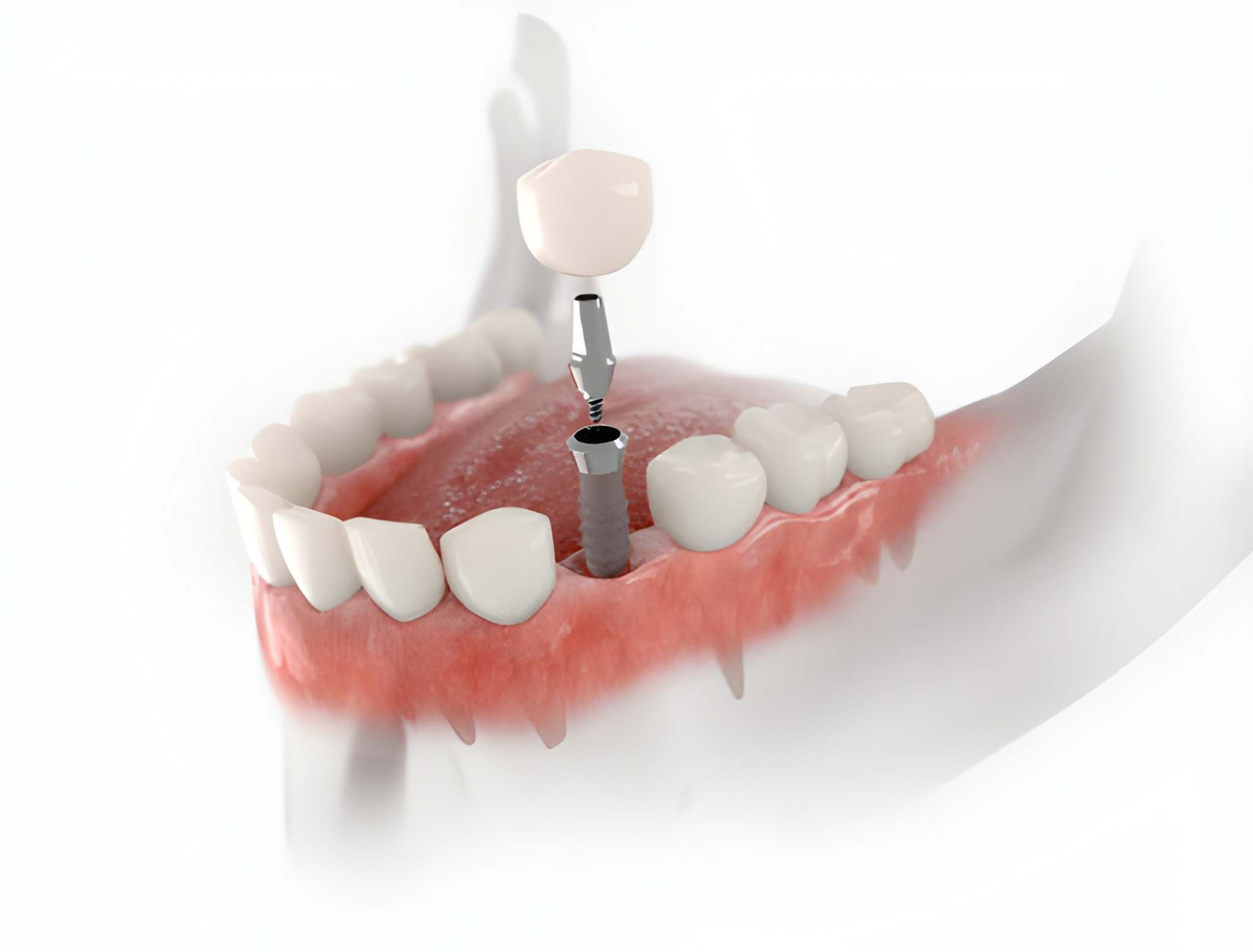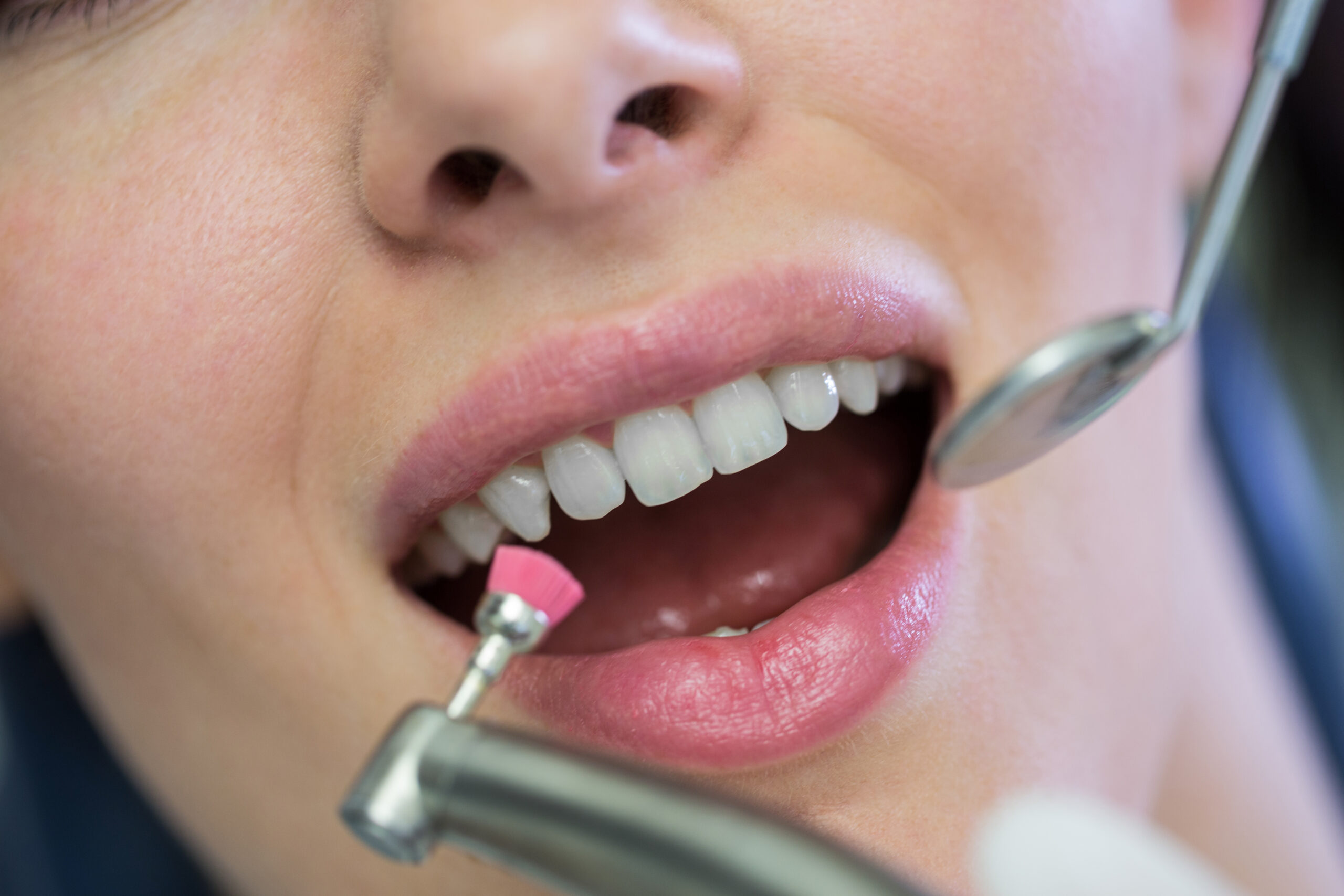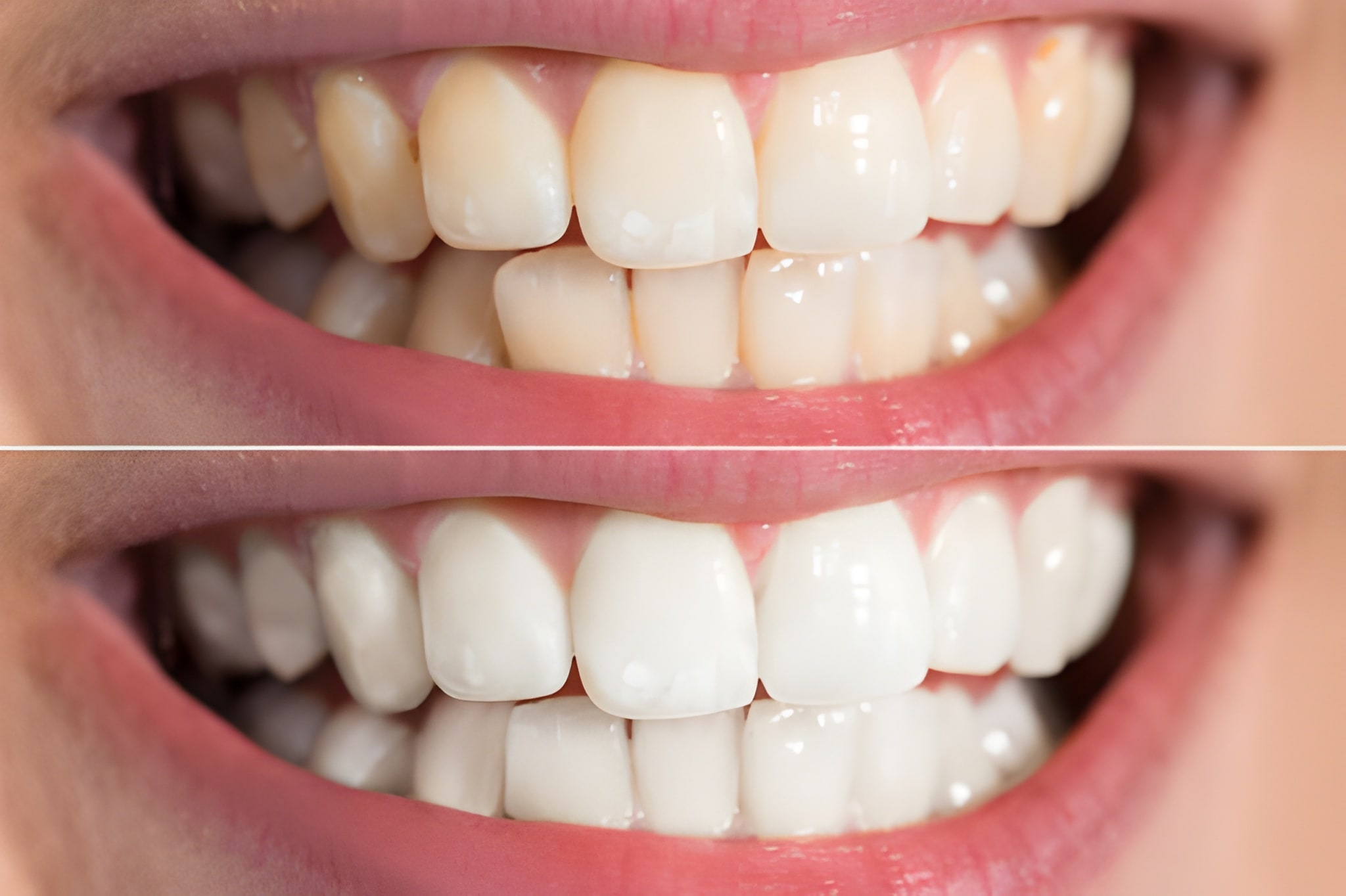Summary:
Dental emergencies can occur at any time, especially when we least expect them.
It may include any type of dental issue, such as a sudden toothache or a knocked-out tooth. These situations can be both stressful and painful. However, with the proper knowledge and understanding of how to approach such situations, you can greatly help yourself and gain the confidence and strength to do so.
We will cover:
- What is a dental emergency?
- What to do when you have a toothache
- What to do when you have a cracked tooth
- Preventive measures for dental emergencies
From preventing dental emergencies to dealing with them, this article has got you covered. Continue reading to gather all the necessary information for your and your loved ones’ benefit.
What is a Dental Emergency?
A dental emergency refers to an unexpected and often painful situation involving your teeth, gums, or mouth. Such cases may require immediate attention from a dentist in Keller. While some dental problems can be addressed during regular appointments, others require prompt attention to prevent further damage and alleviate pain.
A common type of dental emergency that many people face is the sudden, severe toothache that develops without any apparent cause. There could be many reasons that led to the ache, such as a cavity, infection, or injury to the tooth.
It is essential to understand what constitutes a dental emergency, as this will help ensure prompt action and minimize unnecessary anxiety over minor issues. Below are some quick tips to follow at home before visiting a professional dentist.
What can you do if you have a Toothache?
Toothache, as mentioned, is one of the most common problems affecting individuals across all age groups. Sometimes, the pain becomes severe, causing considerable discomfort. People often become anxious and do not understand the steps to take to ease the pain before visiting the dentist.
- Clean your Mouth
The first and most important step is to rinse your mouth with warm water. Then, slowly and carefully floss your teeth to remove any food that may be stuck between them.
- Manage the Pain
To temporarily ease the pain before you can visit your dentist, take over-the-counter pain reliever medicines like ibuprofen or acetaminophen. Avoid using aspirin as it may cause gum bleeding. Take a cold compress and place it outside of your cheek. This step also helps instantly reduce swelling and pain.
- Try Natural Relief
Some natural remedies are also known to soothe pain and are often considered more effective, as they do not have any side effects on the body as a whole. Clove oil is often the first choice and is recommended as it helps numb the affected area. Take a small amount of the clove oil on a cotton ball and place it on the painful tooth or gum.
- When to Seek Emergency Help
If you notice swelling, fever, or severe pain that becomes unbearable, visit the Keller dentist immediately. Always remember that acting early can prevent the situation from worsening.
What can you do if you have a Chipped or Cracked Tooth
Having a cracked or chipped tooth can be both uncomfortable and painful. To prevent further damage and infection, it is essential to take necessary actions as soon as possible, even before consulting a professional.
- The first step is to rinse the mouth with lukewarm water to clean the infected and injured area. If you notice any bleeding, apply pressure to the affected area using a gauze or clean cloth for about 10 minutes, or until the bleeding stops.
- To ease the swelling and some of the pain caused by the chipped tooth, using a cold compress is always recommended. Hold it close to your cheek or lip, wherever the swelling is. It helps to reduce the inflammation to a great extent.
- As soon as you can bring yourself to stand and move, visit the dentist right away. Professional care is essential in such situations. Depending on the situation and the condition of the tooth, they will suggest bonding, filling, crowns, or even a root canal treatment.
- Until you visit your dentist, avoid chewing on any hard substances in that region. Stick to soft foods only, which will aid in a smooth recovery as well.
Always remember that prompt professional care is crucial when dealing with a crooked tooth. The longer the delay, the worse the situation will be.
What can you do if you have a Knocked-Out Tooth?
A knocked-out tooth can be a scary experience, but remaining calm and acting in the right manner is the key. You should:
- Find the tooth
Try to locate the tooth immediately. If you find it, hold on to it by the crown, which is the top white part of the tooth. Do not touch the root at all.
- Clean the tooth
Clean the tooth if it is dirty. Rinse it with milk or a saline solution, whichever is handy. Do not scrub or use soap/water.
- Try to put it back
If it’s possible, try to gently place the tooth back into its socket. Do not apply excessive force when trying to reposition it. If that does not work out, keep the tooth undisturbed.
- Keep the tooth moist if reinsertion is not possible
If you are unable to put the tooth back in its socket, place the tooth in a cup of milk or in your own saliva. Do not let the tooth dry out.
Within 30 minutes of the incident, visit the emergency dentist in Keller. A professional look-out is crucial for saving your tooth.
How to Prevent Dental Emergencies?
We all know that prevention is always better than a cure. There are some steps that will help you prevent dental emergencies:
- Maintain good oral hygiene
Start from the basics: brush and floss your teeth regularly. Using mouthwash regularly should also be a part of an individual’s daily routine.
- Avoid habits that damage your teeth
Avoid eating ice or biting hard sugary foods like candy. Avoid using teeth to tear open packages.
- Protect your teeth during sports
It is essential to take necessary precautions when playing any sport. Using a mouthguard can stop and prevent many unwanted situations from happening.
Studies show that up to 39% of all dental injuries are sports-related, many of which could be prevented with proper mouth protection.
Takeaway
- Quick action can save your tooth and ease pain. Ensure you reach out to the experts at the right time.
- Temporary relief is beneficial, but professional treatment is crucial to achieve a permanent solution.
- Good oral hygiene and protection can stop most dental emergencies.
- Don’t wait for the worst! Connect with our experts at Keller Family Dental to stay safe and prepared.
